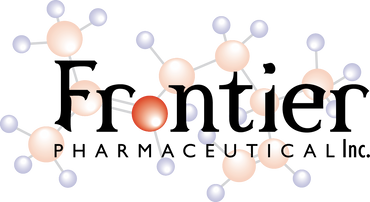Indoor air quality has a profound impact on health, comfort, and productivity. Most individuals spend considerable time indoors, breathing air that directly affects their well-being. Poor air quality contributes to respiratory issues, allergies, and chronic conditions, including asthma and cardiovascular disease.
Key Factors Affecting Indoor Air Quality:
-
Pollutants and Allergens: Mold, pet dander, volatile organic compounds (VOCs), and tobacco smoke cause irritation and long-term health risks.
-
Poor Ventilation: Inadequate airflow traps pollutants, increases humidity, and promotes mold growth, negatively impacting comfort and cognitive performance.
Benefits of Improving Air Quality:
-
Health: Cleaner air reduces symptoms such as coughing, sneezing, and shortness of breath, thereby lowering the risk of chronic diseases.
-
Productivity & Comfort: Fresh air enhances cognitive function, reduces fatigue, and fosters a comfortable, stress-free environment.
Practical Solutions:
-
Proper Ventilation: Regular HVAC maintenance, installing exhaust fans, and using energy-efficient ventilation systems (ERVs and HRVs) significantly improve air circulation.
-
Air Purifiers and Filters: HEPA filters remove airborne particles, while activated carbon filters address odors and chemical pollutants.
-
Natural Enhancements: Houseplants like peace lilies and spider plants naturally filter air pollutants, complementing indoor environments.
Nasal Care Products:
For targeted protection, Frontier Pharm offers nasal care solutions:
-
Snoot! Nasal Spray & Cleanser: Reduces congestion from allergens and pollutants.
-
Travel Essentials Kit: Ensures consistent nasal care in varying environments.
Prioritizing indoor air quality isn’t just beneficial—it’s essential for healthier living and optimal productivity.


